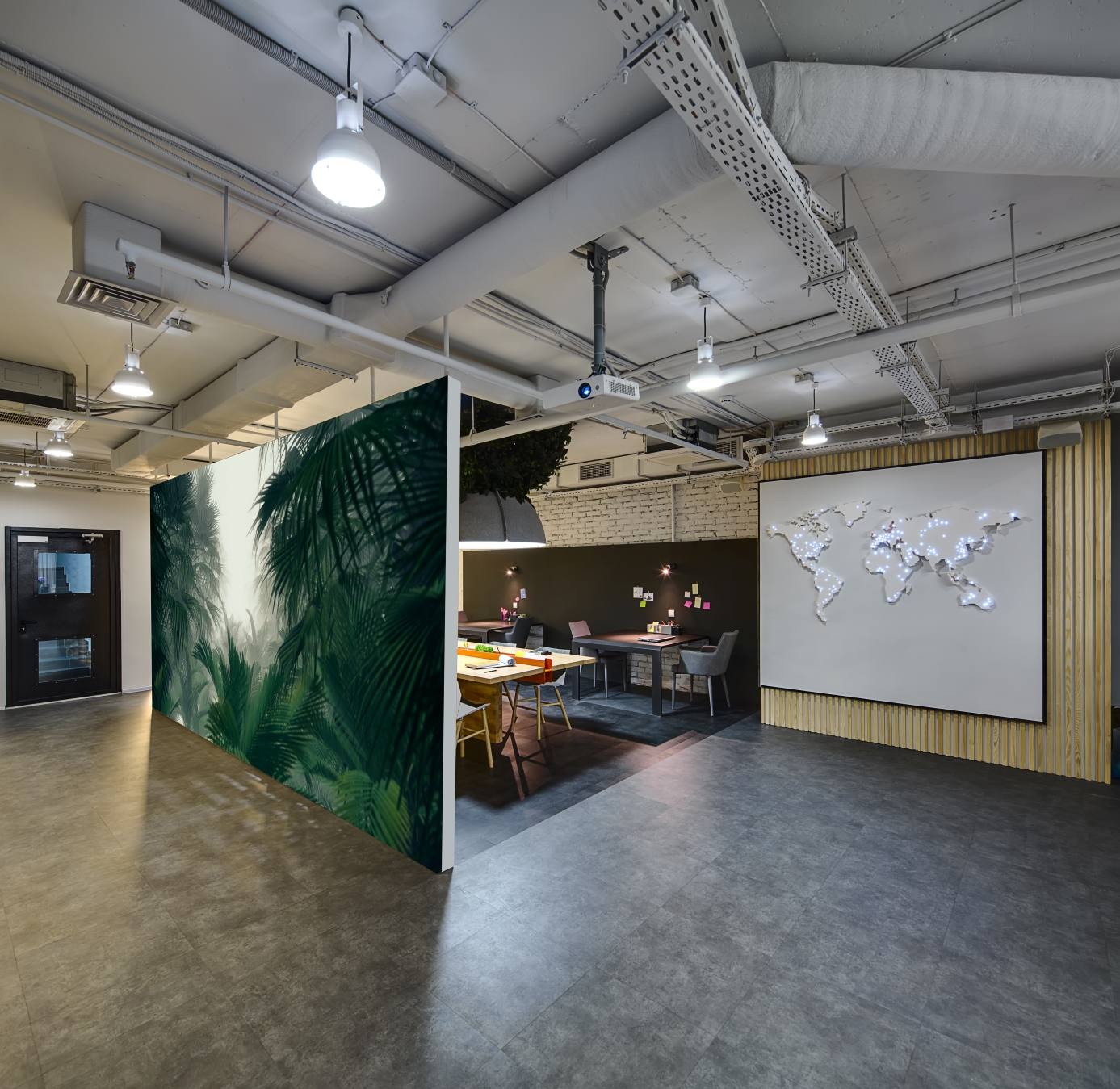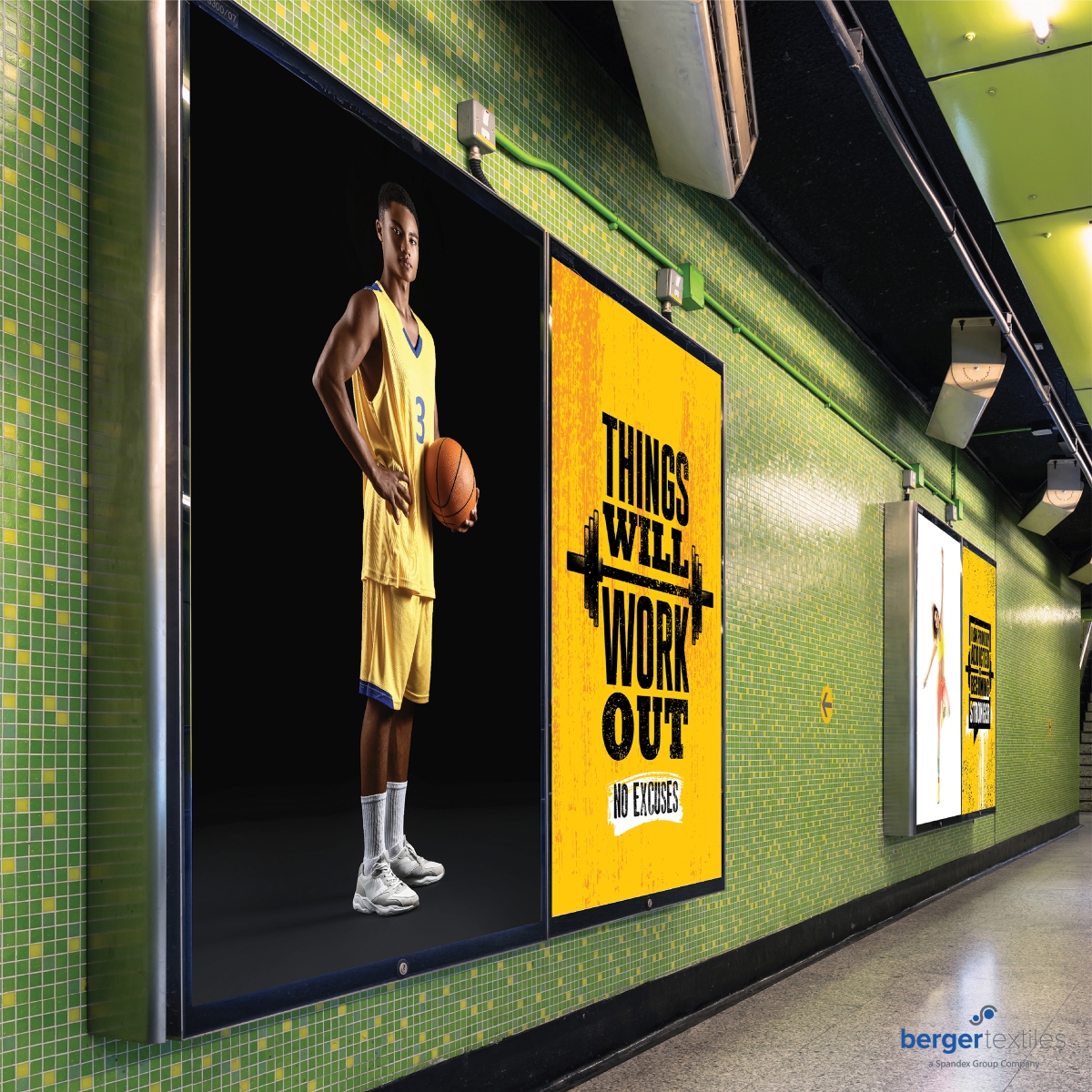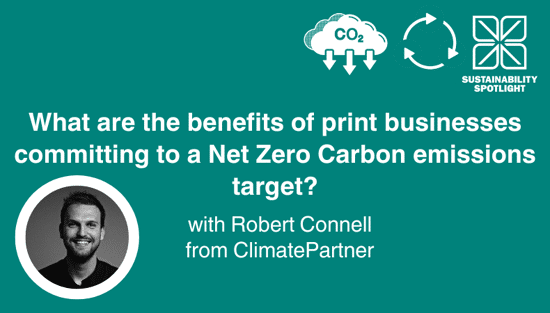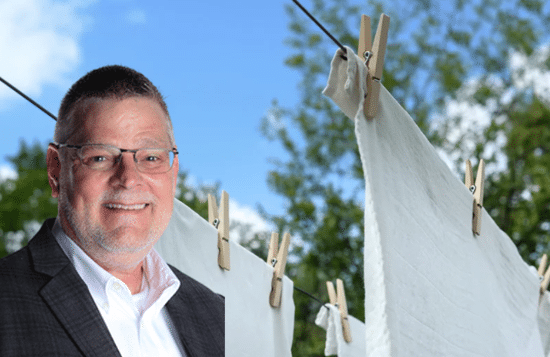The business opportunity of more sustainable textiles

Giorgio Volpi, Head of Marketing at Berger Textiles discusses the various opportunities for businesses regarding sustainable textiles.
Textiles touch every aspect of our lives, and the European textiles market is one of global significance, poised to grow to just under 51 billion Euros (US$54.90bn) in 2024.
When looking at these big industry numbers, it’s easy to overlook the fact that this market is made up of thousands of small and independently-owned service providers, spanning various sectors from fashion, to interiors, to signage and visual communications.
A key trend currently affecting all of those sectors and driving decision-making is sustainability. Today’s consumers demand that brands take action to reduce their environmental impact and larger corporations have already answered this call, with many committing to decarbonising their operations in the coming years. But, for smaller independent businesses like so many in the textile space, balancing these environmental considerations with today’s operational realities can be a challenge.

While business owners want to be able to meet customer demands with regard to sustainability, they must also grapple with economic uncertainty, higher materials costs and in places, a shortage of skilled labour. Adding to this pressure are tougher EU legislations on sustainability, which are set to come into effect later in 2024. This means businesses can expect more regulatory scrutiny of their sustainability strategies, including the carbon footprint of the materials they buy.
In reality, any textiles business today needs to be able to offer customers sustainable material choices. However, there’s no denying that these options are more expensive than their conventional alternatives and not all customers are able or willing to pay a premium.
Being able to proactively offer sustainable alternative materials that satisfies both sets of customer needs can help service providers differentiate in a crowded market and offer a competitive advantage.
As sustainability is now a more heavily-weighted part of European tenders, this offer broadening with clear information about the sustainability profile of materials will also open the tenders that service providers can apply for.

The good news for businesses working with Berger Textiles is that we’re now able to offer more environmentally responsible choices alongside our core high-performance range. For our best-selling Samba® and Samba® EVO ranges, we have also begun life cycle assessments (LCAs), which break down each stage in the life of the product to calculate its overall carbon footprint.
This commitment is another important step on our well-mapped journey to become a more circular business. A decade ago we launched Revolution Green, which was then the first textile produced from recycled yarn on the market. Now we’re excited to present our extended Berger Textiles EVO range at this year’s FESPA Global Print Expo 2024.
Spanning our bestselling Samba®, Lumina® and Mozaik® ranges, the EVO versions mean we are now able to offer customers a selection of soft signage products made from 100% recycled yarn, without compromising on the quality and performance of our award-winning textiles.
We will be on hand on Stand A21 in Hall 10 at FESPA Global Print Expo in Amsterdam, showcasing our products, sharing our knowledge with visitors, and re-affirming our commitment to help customers progress towards their sustainability goals and access fresh opportunities.
Visit Berger Textiles at stand 10-A21 at FESPA Global Print Expo 2024, Europe’s leading print and signage exhibition. Taking place from 19th – 22nd March 2024 at RAI Amsterdam, Netherlands. Register here to visit and use code FESJ420.
Topics
Recent news

What are the benefits of print businesses committing to a Net Zero Carbon emissions target?
We speak to Robert Connell, Senior Commercial Sustainability Manager at ClimatePartner who who offer solutions along the net zero cycle to support business’s effort in corporate climate action. In this discussion we discuss the importance and the process and benefits of businesses committing to a Net Zero Carbon emissions target.

6 Sustainable Printing Practices Changing the Game in Textile and Apparel Decoration
The textile industry is shifting towards sustainability. Innovations like waterless and digital printing, eco-friendly inks, and recycled materials are reducing waste. AI and automation optimise production, while circular models promote reuse. Consumer demand for transparency drives this change, making sustainable practices essential for future-focused brands.

Sustainability in Production Print: Advancing Practices in Wide Format, Textiles, and Software
As sustainability continues to take centerstage across industries, the production print sector is making massive strides in integrating eco-conscious practices. From wide format to textile applications, with the growing reliance on advanced production software, the space is evolving to meet environmental goals as well as consumer demand for sustainable products.

Why must the print industry recognise software and material innovation
Laurel Brunner argues that the printing industry must recognise the value of both software and material innovation, and be willing to pay for it. Software, though intangible, drives efficiency and reduces carbon footprints. While materials science currently dominates, R&D costs are inherent in all advancements. Paying a premium ensures continued progress, benefiting the industry's evolution and sustainability.